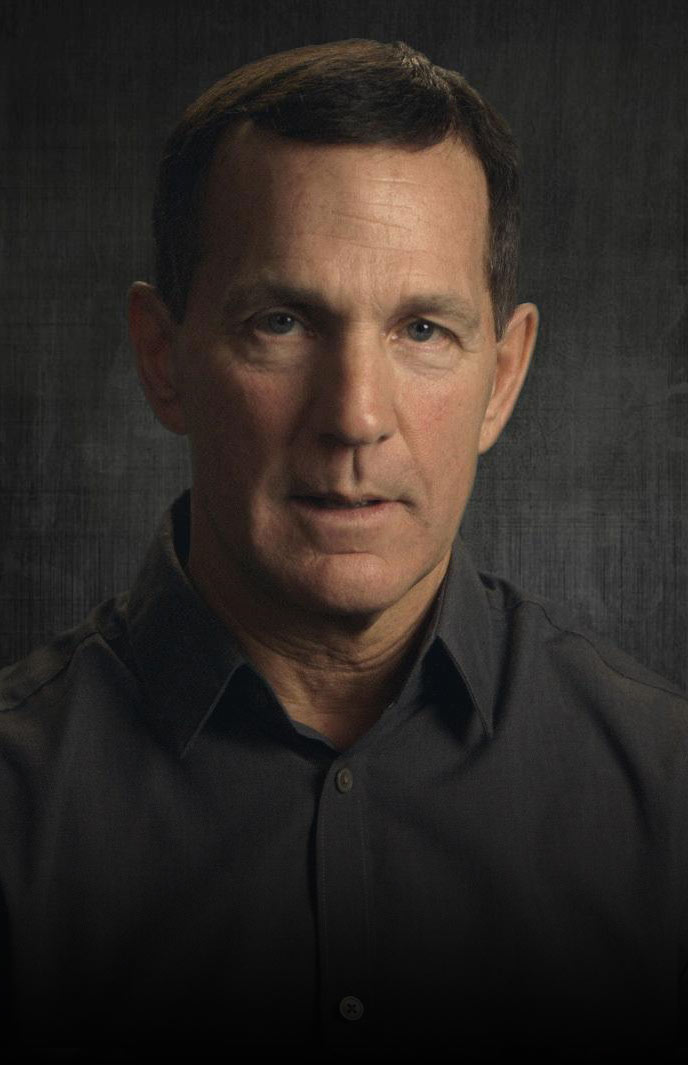UPDATE 5/1/15 Kamylla’s GoFundMe was taken offline and replaced with a Tilt fundraiser, which has also now been closed down. We will update if we hear news of another fundraising effort. 5/3/15 Here’s an updated fundraiser link. There’s been no shortage of coverage of A&E’s 8 Minutes, the ostensible reality show in which cop-turned-pastor Kevin… Continue reading Did 8 Minutes Lie to Sex Workers?
The Week in Links—April 24th
This is new: a hyperbolic clickbait article about a rise in gay male sex workers. Apparently—contrary to the hysterical Australian articles of a few months ago—hookup apps are facilitating paid sex, and not driving it out of business. Whew! The workers at Nevada’s Bunny Ranch are campaigning for Hillary Clinton under the slogan “Hookers for Hillary.”… Continue reading The Week in Links—April 24th
The JVTA: Not Just Bad For Trafficking Victims
On Wednesday, the Justice for Victims of Trafficking Act of 2015 [S. 178] passed through the Senate by a unanimous vote of 99-to-0. It is being celebrated as a heroic example of bipartisan cooperation for humanitarian advancement. However, if the bill continues to pass through the House, it will be delivering its system of protection… Continue reading The JVTA: Not Just Bad For Trafficking Victims
The Week In Links—April 17
A former stripper was in a car accident involving a pole which created the most unnecessary and painful reading experience of the week. Sex workers that are refugees have special needs and concerns. This editorial argues that the United Nations High Commissioner for Refugees (UNHCR) needs to work harder to reach the sex working refugee committee.… Continue reading The Week In Links—April 17
Why You Shouldn’t Study Sex Workers
This is an edited version of a post originally published on Lime Jello’s blog autocannibal. Before I finished my B.A., I encountered a social worker who was working on her M.A. Her politics were generally pro-decriminalization, but she also liked to trade in horror stories about women whose vaginas fell out from having too much sex.… Continue reading Why You Shouldn’t Study Sex Workers




